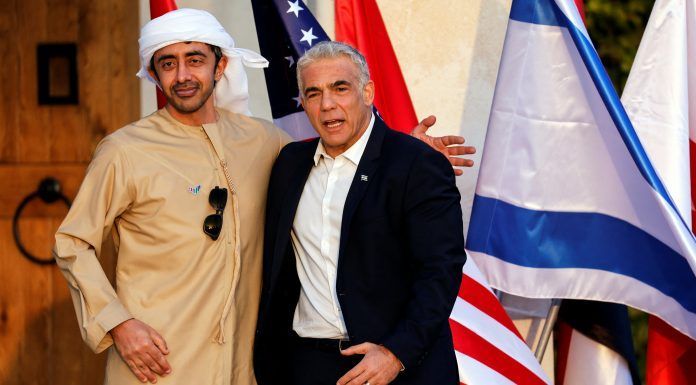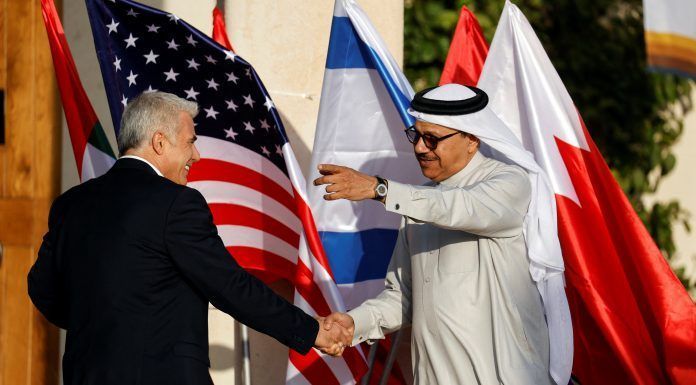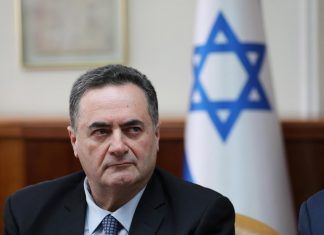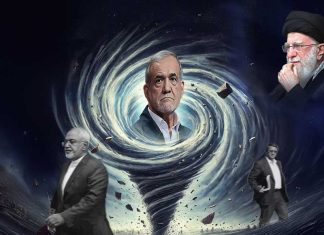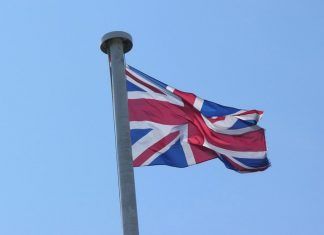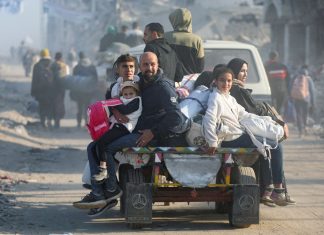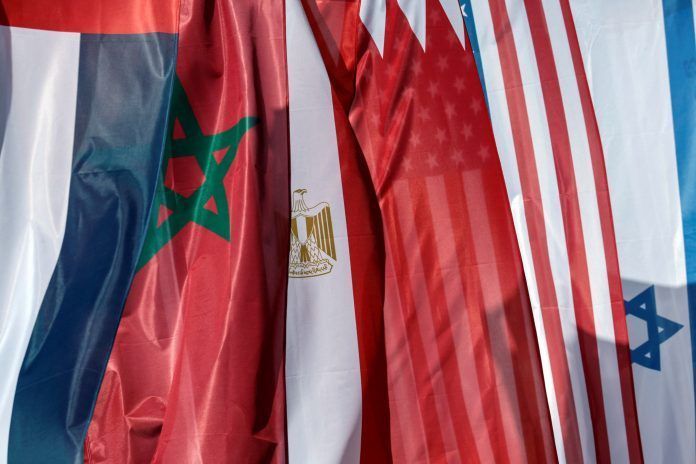
By Humeyra Pamuk
SDE BOKER, Israel, March 28 (Reuters) – U.S. Secretary of State Antony Blinken will join a rare summit of Arab and Israeli nations held in Israel on Monday, seeking to reassure Middle Eastern allies over a looming Iran nuclear deal and to garner stronger support for Ukraine.
Blinken, who is on a three-nation Middle East and North Africa tour, on Sunday met with Israeli Prime Minister Naftali Bennett who tested positive for coronavirus early on Monday. A State Department spokesperson said Blinken was considered a close contact and would get tested.
The summit, dubbed historic by Israel and the four Arab nations attending – Bahrain, Egypt, Morocco and the United Arab Emirates, comes as U.S. allies in the Middle East raise concerns over what they see as a lack of commitment by President Joe Biden’s administration to the region.
Washington has repeatedly said it remains deeply invested in the region but its focus has been elsewhere – strategically on China and in the near-term on Russia’s invasion of Ukraine which started on Feb. 24 and has killed thousands.
Blinken has sought to reassure allies over Iran. Speaking in Jerusalem alongside his Israeli counterpart Yair Lapid, Blinken said on Sunday that restoring a 2015 nuclear deal was the best way to rein in Iran‘s nuclear programme.
“When it comes to the most important element, we see eye to eye. We are both committed, both determined that Iran will never acquire a nuclear weapon,” Blinken said.
But the Persian Gulf Arab allies as well as Israel remain concerned.
The nuclear talks between world powers and Tehran had been close to an agreement several weeks ago until Russia made last-minute demands of the United States, insisting that sanctions imposed on Moscow over its invasion of Ukraine should not affect its trade with Iran.
After talks with Blinken, Israeli Prime Minister Bennett, who has cautioned that a nuclear deal with Iran would not be binding on Israel, said he hoped Washington would be attentive to regional concerns.
“The moderates are convening to talk and to form a front against the extremists,” Israeli Foreign ministry official Gil Haskel told Israeli Kann radio.
“There are nuances, different perspectives being discussed or argued about, there is some agreement about some issues and less so about others but there’s no doubt in this room around the table that Iran must not be nuclear,” he said.
ARAB ALLIES
Blinken is also expected to press Arab allies to step up support for Ukraine to fend off Russia’s invasion as several Persian Gulf nations have so far stopped short of providing meaningful assistance. Israel has been trying to mediate an end to the crisis, holding talks with the Russian and Ukrainian leaders.
Arab and Israeli nations are expected to discuss how to advance their ties after three of the four countries attending normalised ties with Israel through the so-called Abraham Accords brokered by the Trump administration in 2020. Egypt’s foreign minister, whose country on Saturday marked 43 years of peace with Israel, will also join the summit.
For Israelis, the diplomatic summit has been somewhat overshadowed by a deadly shooting attack late on Sunday when Arab assailants, identified by security officials as Israeli citizens and Islamic State sympathisers, shot and killed two border police officers in Hadera, a city 50km (30 miles) north of Tel Aviv. Police shot the two men dead.
Islamic State claimed responsibility for the attack, according to a statement posted on the group’s Telegram account and Blinken condemned it.
(Writing by Maayan Lubell and Humeyra Pamuk, editing by Ed Osmond)

